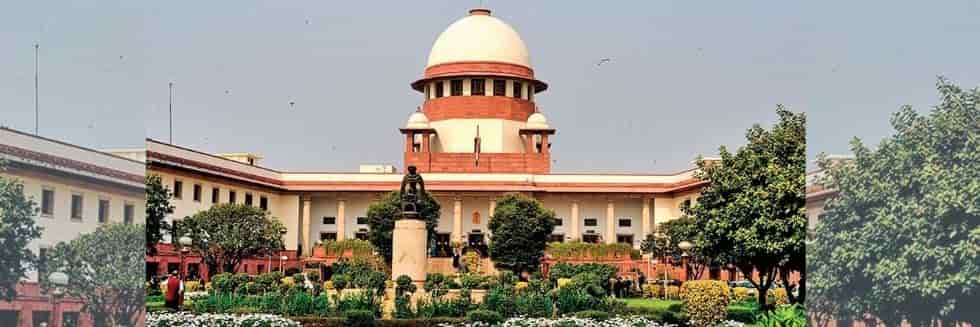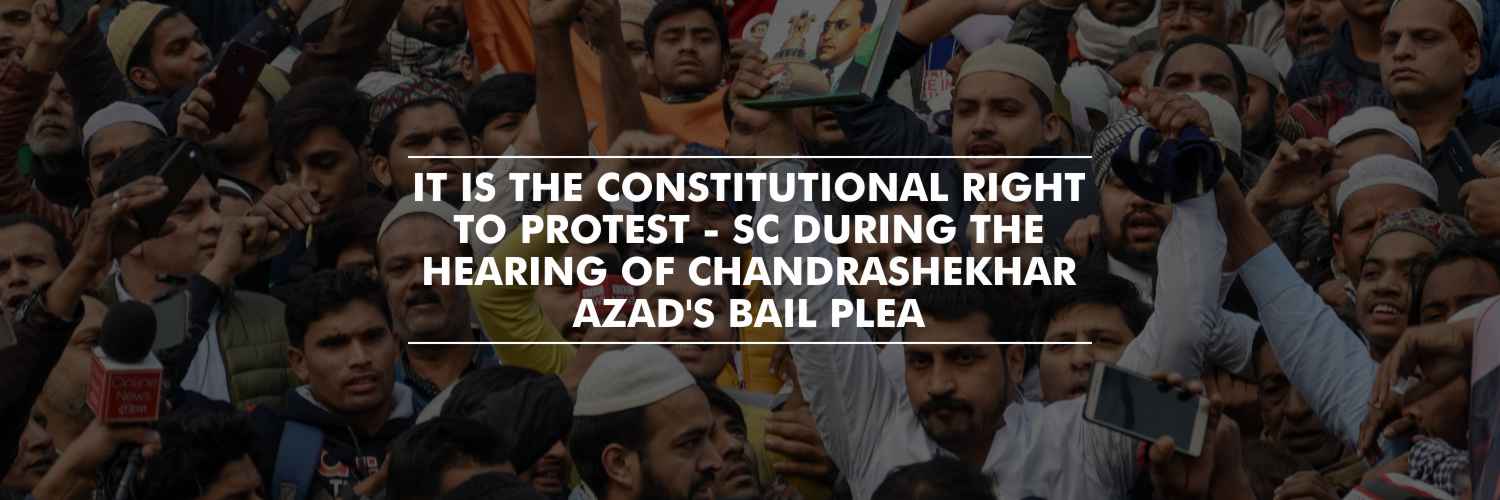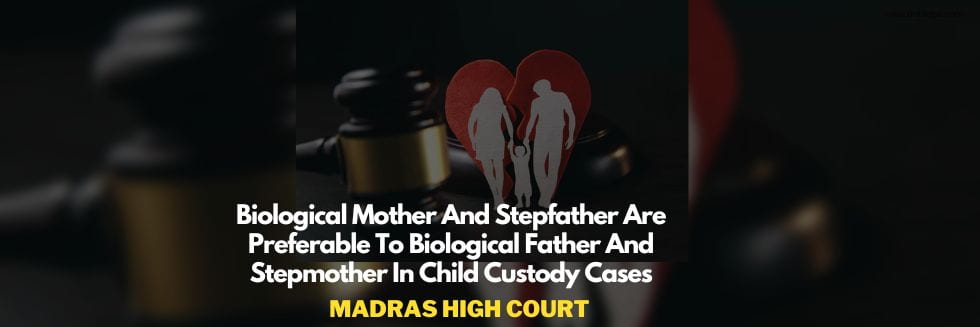Supreme Court on Monday dissolved a two decade long marriage which was never consummated. It was found that the couple never lived together even for a day and also noted that there was a crash landing at the take-off stage itself.
The marriage was dissolved not only in exercise of Supreme Court’s plenary power under Article 142 of Indian Constitution but also count of cruelty under the provision of the Hindu Marriage Act in view of the conduct of the woman during the pendency of judicial proceedings.
“It appears there was a crash landing at the take-off stage itself!” stated the division bench comprising Justice Sanjay Kishan Kaul and Justice Hrishikesh Roy.
“The moot point is that the marriage has not taken off from its inception. There can hardly be any ‘wear and tear of marriage’ where parties have not been living together for a long period of time. The parties, undisputedly, never lived together even for a day. The marriage was never consummated and the parties have been living separately from the date of marriage for almost 20 years,” the bench noted.
The bench went on to add, “Under the Hindu law, marriage is sacramental in character and is supposed to be an eternal union of two people and the society at large does not accept divorce, given the heightened importance of marriage as a social institution in India.
Or at least, it is far more difficult for women to retain social acceptance after a decree of divorce. This, coupled with the law’s failure to guarantee economic and financial security to women in the event of a breakdown of marriage; is stated to be the reason for the legislature’s reluctance to introduce irretrievable breakdown as a ground for divorce, even though there may have been a change in social norms over a period of time.”
“Living together is not a compulsory exercise. But marriage is a tie between two parties. If this tie is not working under any circumstances, we see no purpose in postponing the inevitability of the situation merely because of the pendency of the reference,” observed the bench.
Discretionary Power Under Article 142 of Indian Constitution
Article 142 of the Constitution of India deals with enforcement of decrees and orders of the Supreme Court. It states that the Apex Court in the exercise of its jurisdiction may pass such decree or make such order as is necessary for doing “complete justice” in any case pending before it.
- Such decree shall be enforceable throughout the territory of India in such manner as may be prescribed by or under any law made by Parliament.
- The power is usually used in matters involving environmental protection, human rights, and dissolution of marriage.
- It was used in the Ayodhya judgment.






